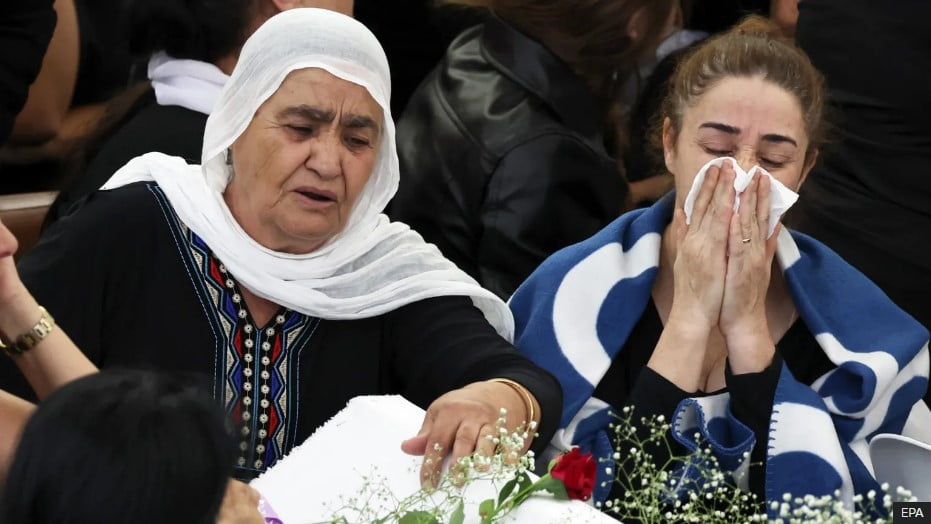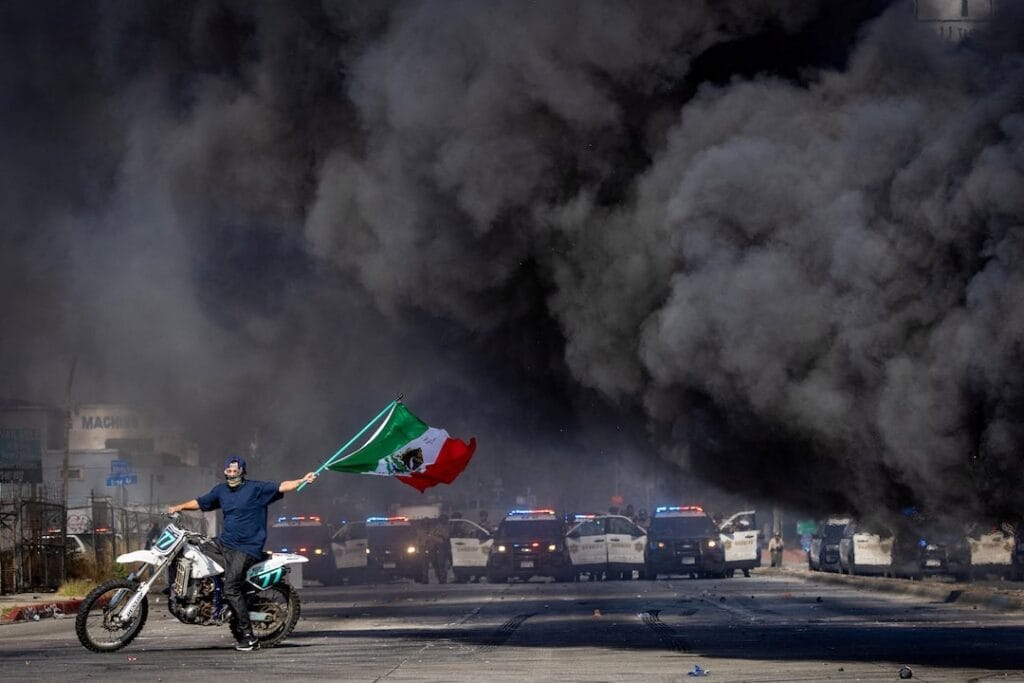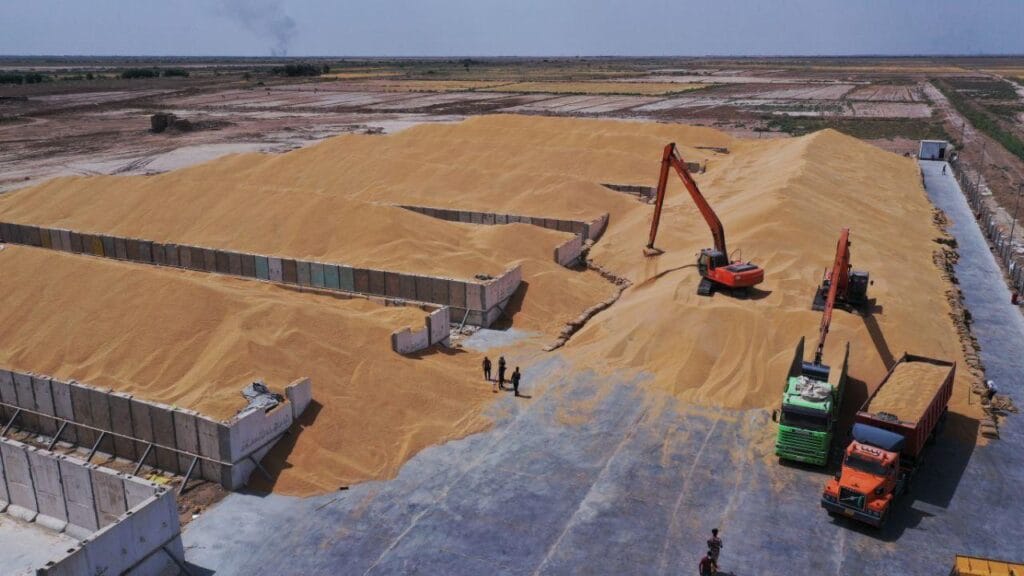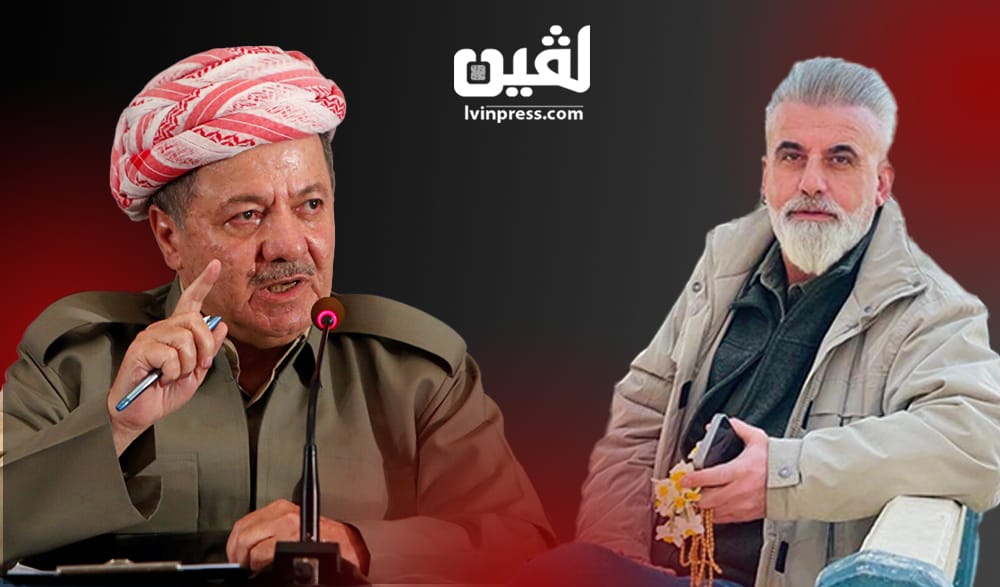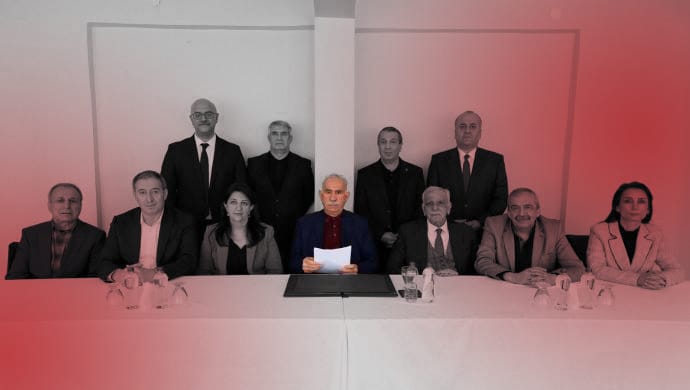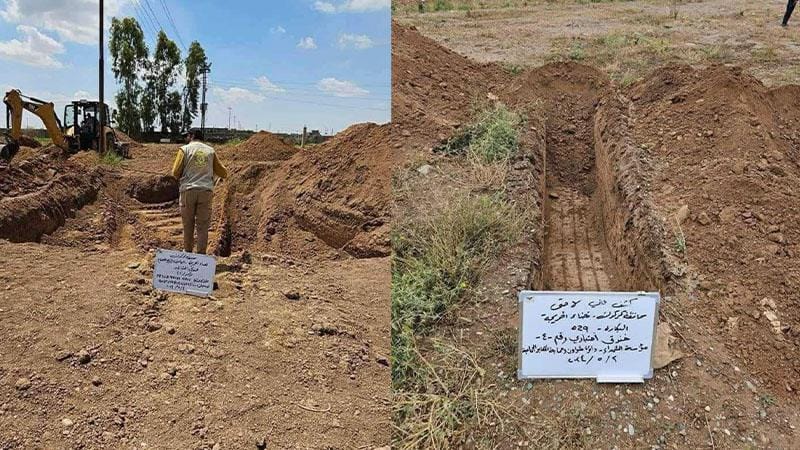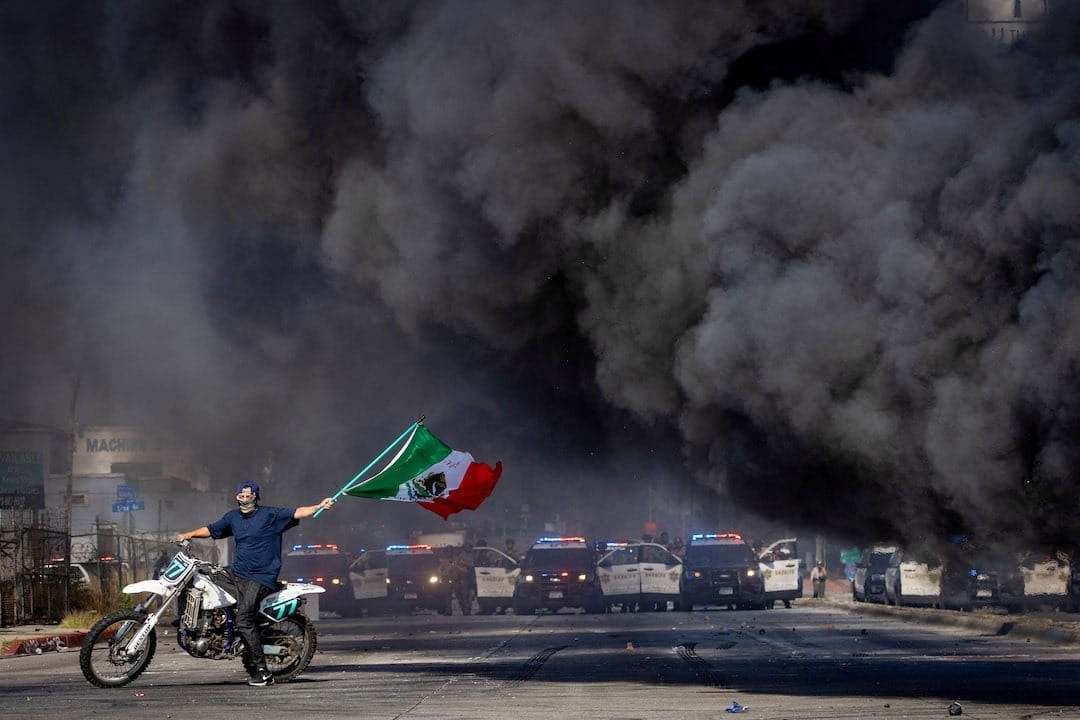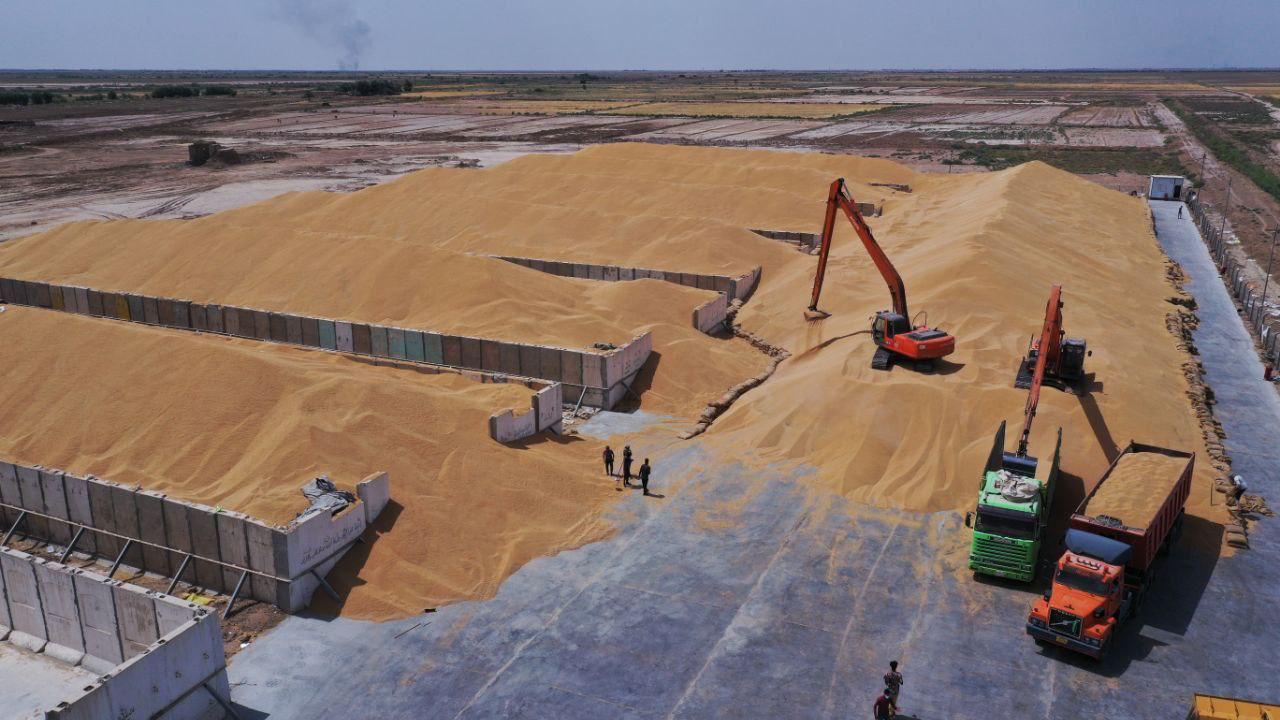At the University of Haifa, less than 50km (30 miles) from Israel’s border with Lebanon, precautions are being taken. In response to a rocket hitting a football field in the Israeli-occupied Golan Heights and causing the death of 12 children and teenagers, the university authorities have instructed all staff based above the fifth floor in the 30-story building to work from home due to the fear of being targeted by the Lebanese militant group Hezbollah.
Esther Parpara, a university staff member, stated, “In the last war with Hezbollah in 2006, their weapons reached Haifa. This is a dangerous moment. Parents are helping police and guards to patrol kindergartens. I’m avoiding crowded places. We don’t seek war – but Hezbollah want to destroy Israel and the Jewish people, so can we just let them do that without defending ourselves?”
Cross-border attacks between Israel and Lebanon have increased since October 8th, when Hezbollah fired rockets and shells at Israeli sites in solidarity with the Hamas attack on Israel a day earlier. Both groups advocate for the destruction of the Israeli state.
Frequent attacks by Hezbollah have struck northern Israel and the Golan Heights, which Israel seized from Syria during the 1967 war and annexed in 1981. Israel responded with air strikes and missiles into southern Lebanon, including an overnight wave of attacks apparently in response to the rocket fire on Saturday.
The tit-for-tat strikes since October have killed more than 450 people in Lebanon – around 100 of them civilians – while Israel reports 23 civilians and 17 soldiers killed. The skirmishes had been relatively contained, indicating that both sides aimed to avoid a head-on confrontation.
However, now the question arises as to how far Israel will go in response to Saturday’s tragedy, the biggest single loss of life in the cross-border attacks since October. Following the strike, the Lebanese militants are said to have cleared out some key sites in the south of the country and the eastern Bekaa valley in anticipation of a large-scale Israeli attack.
Israel’s prime minister returned early from the US to chair a security cabinet meeting, amid calls to hit back hard. Benjamin Netanyahu has promised that Hezbollah will “pay a heavy price which it has not paid up to now”.
Israel knows that the price of a war with the Lebanese militant group could be devastating – for both sides. Hezbollah is the strongest non-state actor in the region, with an estimated 150,000 rockets and missiles in its arsenal. It is Iran’s most important proxy in the Middle East – and an attack by Israel could draw in Tehran, which warned Israel that any “new adventures” in Lebanon could lead to “unforeseen consequences”.
On the other hand, some 60,000 Israelis have been displaced from the border region with Lebanon over the past few months. Many are demanding that their government neutralize the threat from Hezbollah.
The fear is that weakened and under pressure from far-right ministers, Netanyahu may be tempted to expand the fight into Lebanon partly for domestic political aims. This is a difficult moment, and while international calls for restraint from both sides grow louder, this region waits to see if the Golan Heights rocket will spark an inferno.

